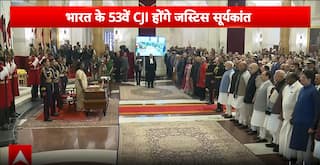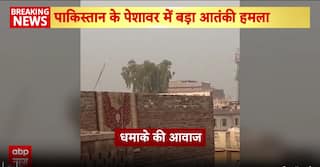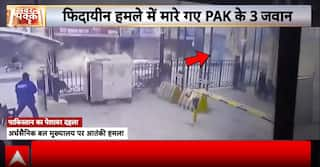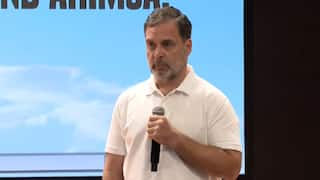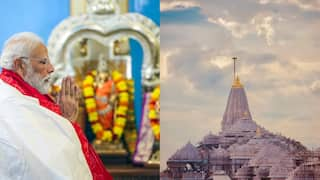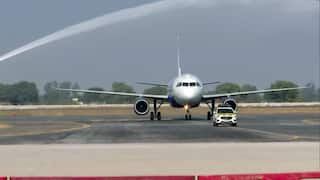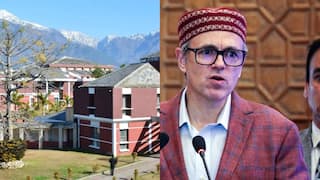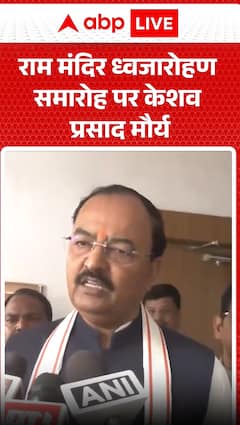US Transport Body Seeks Unique "One-Stop Agreement" With India To End Rescreening Of Passengers
The one-stop security concept will streamline the flow of passengers and baggage by removing duplicating security checks at transfer points.

The US Transport Security Administration (USTSA) has sought a unique “one-stop agreement” with India which will end the rescreening of passengers and called it a powerful concept that can raise the standard of global aviation security.
While addressing the India-US Aviation Summit in Washington, on Tuesday, David Pekoske, Administrator of the TSA said that the one-stop security concept is "very reachable" between the countries.
Pekoske said that the concept will streamline the flow of passengers and baggage by removing duplicating security checks at transfer points.
He explained the concept and said that passengers who reach an airport in another country and have a connecting domestic flight would not need to be rescreened and their checked bags would go from aircraft to aircraft. He stated that this would reduce security costs, reduce flight connection times and missed connections, and improve the passenger experience.
Pekoske said that India and the US should consider signing a memorandum of agreement to share sensitive security information.
He noted that both the TSA and India's transportation security posture were shaped by tragic events: the bombing of Air India 'Kanishka' Flight 182 in 1985 for India and the 9-11 attacks in 2001 for the TSA. “These tragic events were paradigm shifts in how we both thought about transportation security that continues today,” he added.
Meanwhile, US Federal Aviation Administrator Michael Whitaker called for joint efforts on issues like aviation safety. He emphasised sharing data between the two countries to allow better identification and mitigation of risks in the sector.
"We need to work together on issues like safety, we need to share ideas and share innovations, especially in how to safely incorporate some of these new technologies into our airspace," he said.
He said that while both countries will have different systems that will take different approaches to solving challenges, the two can and should “share best practices and learn from one another”.
Whitaker said that the challenge is to bring security to the next level, with proactive data analysis to identify and mitigate risks before they lead to accidents or system failures. He added that there is a need to figure out how to close the gap, identify these risks and leverage technology to incorporate them safely into the airspace.











